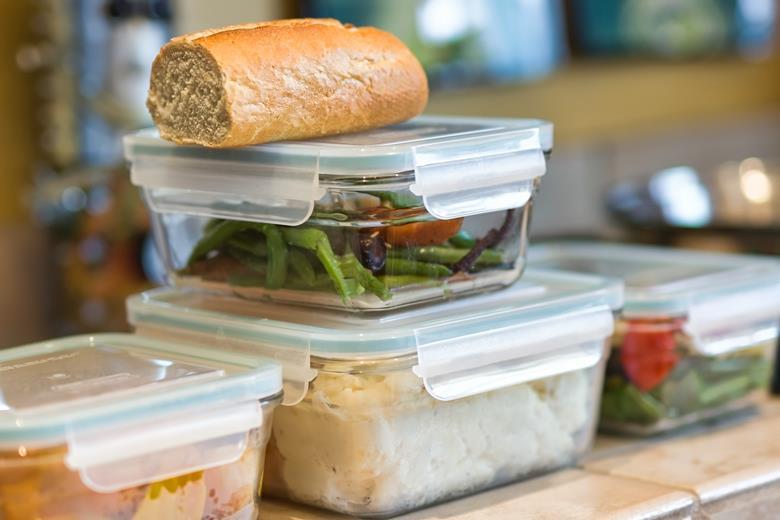First published in The Grocer
New research shows how shoppers can be educated to think more about food and prevent waste, says Dr Cathrine Jansson-Boyd, associate professor in consumer psychology at Anglia Ruskin University
The UK forecourt fuel ‘shortage’ and the panic-buying during the first national lockdown are striking and powerful reminders to supermarkets and general stores of the rapidly changeable nature of consumers.
The nation (and the world at large) is, of course, also now facing probably the greatest-ever need for behaviour change among consumers – the need to act more responsibly to preserve the future of the planet and prevent further climate change. This is absolutely top of mind in the UK with COP26 approaching.
One particular area of concern – and an area where (with the assistance of supermarkets and suppliers) we can make an immediate difference – is in limiting the climate damage associated with food waste.
I am currently working on an exciting and intensive investigation funded by Wrap that is set to address the question: what can we do to dramatically cut over-buying, personal over-stocking, and repeatedly high levels of food waste within our households?
It is estimated household food waste accounts for approximately 70% of the UK’s 9.5 million tonnes of waste, and every wasted scrap of food contributes to greenhouse gas emissions. Growing, processing, packaging and transporting food – these all contribute detrimentally to the planet and to climate erosion.
Clearly, the consumer can play a major part in addressing food waste. However, one difficulty is many people are simply unaware they even waste food – and, if asked, they often don’t recognise the levels of waste they produce. This is because people tend not to think about the food they have in their kitchen, or about how to enable an effective storage pattern for foods with varying shelf lives.
In addition, meals are all too often made under time pressure: perhaps the children are asking for a quick at-home meal or workers arrive home weary after a long day and want something fast.
Whatever the reason for such high levels of food waste, it means people are not carefully considering what food items they have that are expiring, or how leftovers can be reused creatively. Instead they will grab what they think will be the quickest and easiest option, or anything at the front of the fridge. This is why it’s key to make people, at the cooking stage, consider how to best use the food they have to avoid wastage.
Preliminary findings from the Wrap-funded project suggest constant reminders, for a period of around six weeks, can make people focus on what they need to use while making meals. After that, it happens automatically and without awareness for at least six months afterwards – and in that time a fair amount of wastage can be reduced.
Our project focuses on using reminders within the home to increase cognitive input into the process of food waste reduction. However, the same principle could be applied to work within retail environments. The main criterion is that people are continuously aided by clear prompts that can realistically aid them to engage in cognitive processing. That way it would become habitual to integrate suitable ways of thinking that are focused on reducing waste.
For example: supermarkets could have clear signage throughout the stores reminding shoppers to carefully consider whether they can use the items they purchase before they expire. Using simple and catchy slogans such as ‘Date before plate’ – which is used in our research project – will help to integrate the information into existing thinking patterns.
Equally, items that have a long shelf life could be clearly marked as such, for shoppers who are uncertain about when the food may be eaten. Such prompts could also help overcome, at least partially, other common consumer difficulties related to food waste, such as misunderstanding of date marking.
If public settings such as supermarkets can help with the generation of an automatic thinking process that is focused on reducing food waste, it could potentially help make significant reductions.
I am keen to hear more from the grocery trade about initiatives they are working on, or the challenges they face, in enabling rapid change in consumer behaviour, as we strive towards safeguarding our planet.




